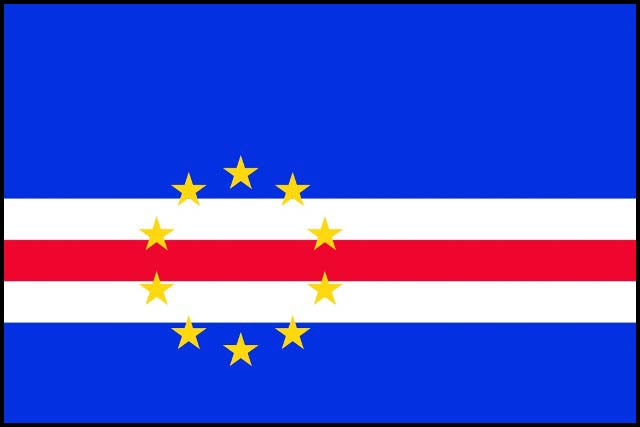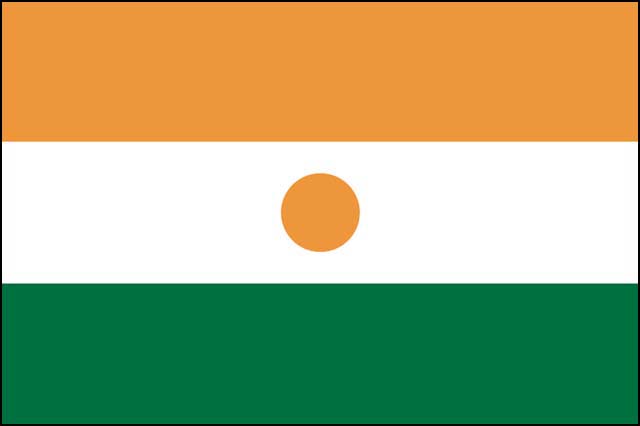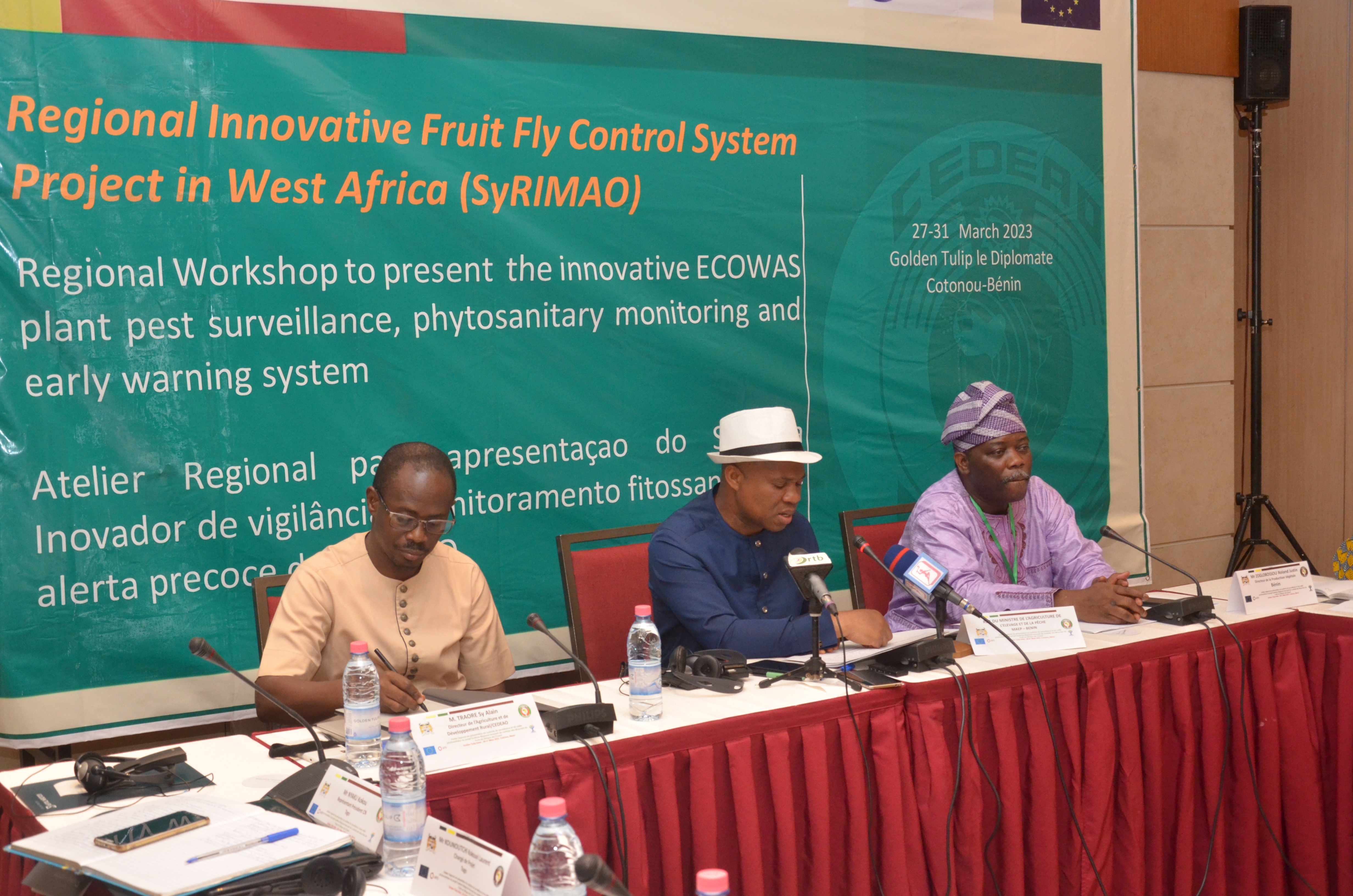As part of the consolidation, amplification, and sustainability of fruit flies control achievements in West Africa, the ECOWAS SYRIMAO Project "Innovative Regional Fruit Fly Control System" is holding a regional workshop from 27 to 31 March 2023 in Cotonou, Benin, to present its pest surveillance and warning system.
The main objective of the workshop is to help
each country and the project's beneficiaries and stakeholders to have real-time
information on mango plant-pest interactions, which will enable them to
consider the most appropriate mechanism not only for triggering fruit fly
control in West Africa, but also for planning mango export campaigns.
ECOWAS will provide stakeholders with knowledge
on fruit flies surveillance, monitoring and control system, particularly
knowledge on the functions and mechanisms for collecting, managing, and
analysing data, on the one hand, but also on the warning and decision support
functions for the opening and closing of mango export campaigns on the other
hand. ECOWAS will also take participants through the operational modalities of
the system for the benefit of fruit and vegetable producers decision-making
during planning of production campaigns, pest surveillance and programming of
operations to combat transboundary pests.
About forty participants from Benin, Burkina
Faso, Côte d'Ivoire, Gambia, Ghana, Republic of Guinea, Mali, Senegal, and Togo
are in attendance of the workshop. They are mainly permanent secretaries and/or
project managers of the national committees from exporting countries or their
representatives, national officials of phytosanitary inspection services,
representatives of exporters' organisations or their representatives,
representatives of suppliers of pest control products, the ECOWAS Directorate
of Agriculture and Rural Development and the Regional Agency for Agriculture
and Food, and the CILSS Sahelian Pesticides Committee.
To recall, following the Fruit Fly Management
Project (FFMP, 2015-2019), the SYRIMAO Project started its field activities in
January 2021. The implementation of the various work plans has contributed in
progressing towards the 2021/2022 project objective and in bringing the project
to cruising speed by 31 December 2022.
The main
challenges for 2023 are, among others, the certification of the technologies
developed, the operationalisation of the fund replenishment mechanisms put in
place for the autonomous financing of the sector, the strict observance of the
rules of good phytosanitary governance and the ownership of the surveillance
system in decision-making in phytosanitary management.
















Comments(0)